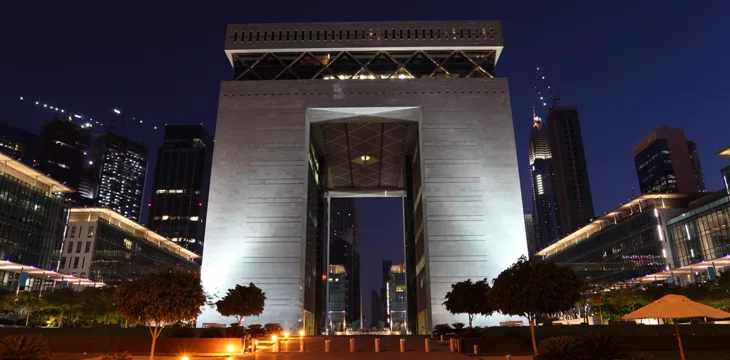|
Getting your Trinity Audio player ready...
|
The Dubai International Financial Centre (DIFC) has announced the establishment of a new digital asset law to guide the activities of service providers and clients in the free trade zone.
In an official disclosure, the DIFC grants property rights on digital assets, imposing a high degree of legality for the asset class. The new law provides detailed definitions of key industry terms, going on to amend existing legislation.
The DIFC’s new law affects existing rules on “Contracts Law, Law of Obligations, Law of Security, Law of Damages and Remedies, Trust Law and Foundations Law,” with some describing digital assets as money.
“We consider this legislation to be groundbreaking as the first legislative enactment to comprehensively set out the legal characteristics of digital assets as a matter of property law, and to provide for how digital assets may be controlled, transferred and dealt with by interested parties,” said Jacques Visser, Chief Legal Officer at the DIFC.
Plans for a robust digital asset regulation by the DIFC have been underway since 2023 following the implosions that rocked the ecosystem. The collapse of leading virtual asset service providers (VASPs) in late 2022 and the bankruptcies that prompted the DIFC to bolster its existing rule book.
The DIFC conducted public consultations for direction while keeping its eyes peeled on the development of rules in other jurisdictions before rolling out its new digital asset law. In particular, the DIFC received inspiration from UNCITRAL’s Model of Secured Transactions to align with international best practices.
Analysts predict far-reaching consequences in the custody and transfer of digital assets. A closer look reveals that the operation of the new law repeals the DIFC’s existing Financial Collateral Regulations while giving the green light for the electronic transferable records.
“The new laws reflect the Centre’s commitment to maintaining a transparent and robust legal and regulatory framework aligned with global best practice,” the report read.
Embracing blockchain firms
In recent years, the DIFC has adopted a positive stance toward Web3 firms, onboarding several service providers to the largest free trade zone in the subregion. Part of the DFIC’s plan to become the region’s industry leader in Web3 involves a 90% subsidy for blockchain firms seeking licensing in Dubai.
“We are confident that by granting these licenses, we will attract more global talent and investment to the region and create a culture of collaboration and innovation,” said DIFC CEO Mohammed Alblooshi in August 2023.
At the start of 2024, the DFIC teamed up with Julius Baer and Euroclear to explore an
inheritance solution for digital assets, building on its previous blockchain-based Know Your Customer (KYC) tools for financial institutions.
Watch: The Middle East’s Blockchain Race

 02-21-2026
02-21-2026 




